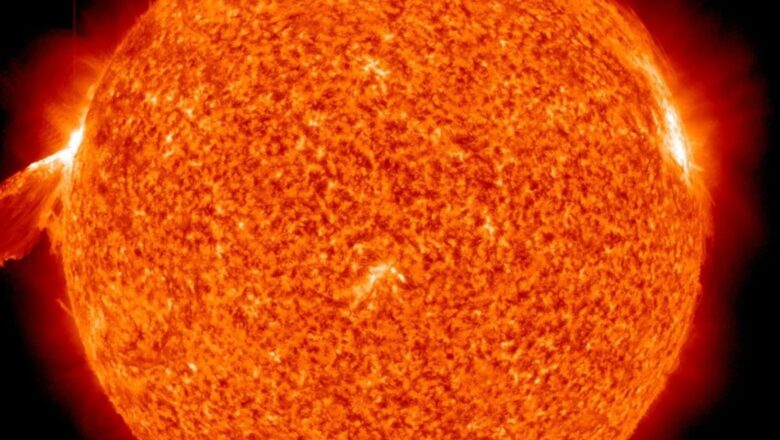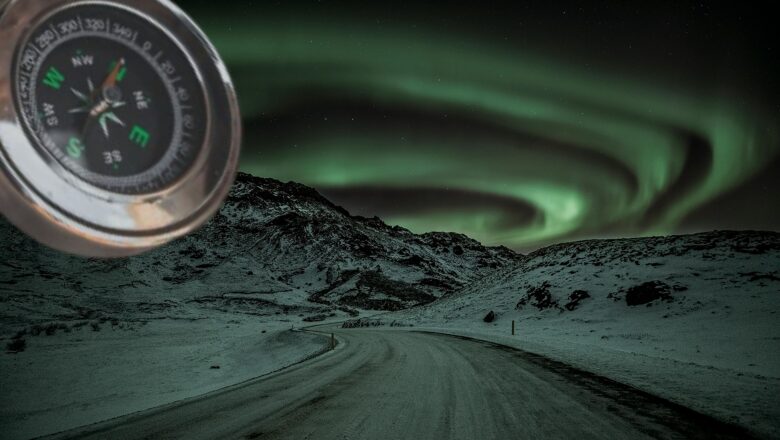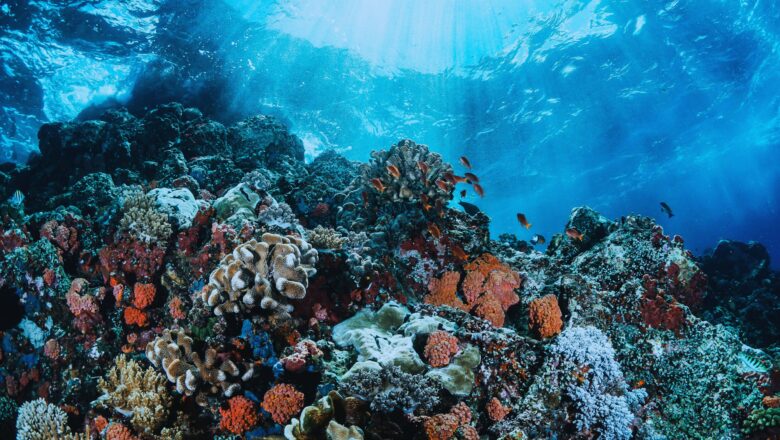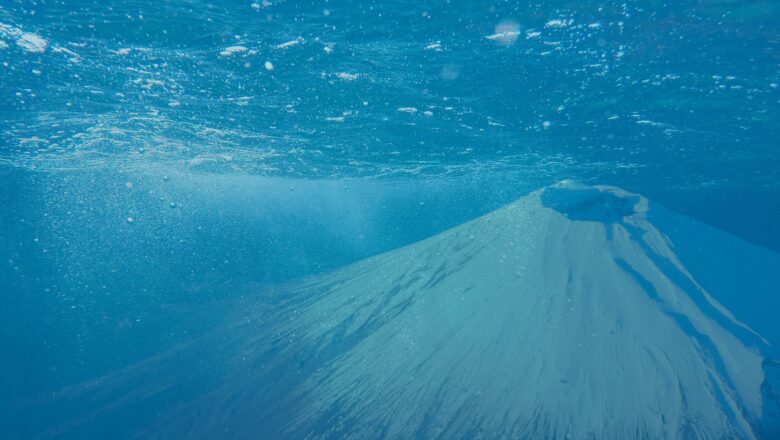
Hot Water on Ancient Mars? Tiny Martian Zircon Reveals Oldest Evidence Yet
A groundbreaking study has uncovered the oldest evidence of water on Mars dating back 4.45 billion years, just shortly after the planet formed. The discovery, rooted in analysis of a Martian meteorite called NWA 7034, suggests Mars had hot water circulating in its crust, potentially creating environments suitable for microbial life.
Key Findings
Researchers from Curtin University identified a microscopic zircon grain in the meteorite, which contains minerals that could only form in the presence of water. This water, however, wasn’t just ordinary it was likely scalding hot, resembling conditions in hydrothermal vents or hot springs seen on Earth.
“This is the earliest evidence of water on Mars, predating Earth’s oldest water signatures,” said geologist Aaron Cavosie of Curtin Unive...









